Search

News & Events
Kids who attend playgroup do better at schoolNew research by The Kids Research Institute Australia has found children who attend playgroups achieve better early primary school outcomes.
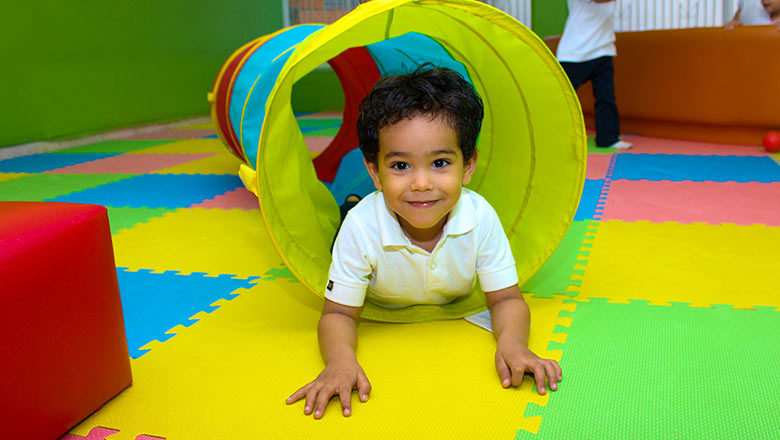
News & Events
Playgroup Week celebrates importance of early childhood interventionNational Playgroup Week, the annual event run by Playgroup Australia, will take place across the country from 20 March to 27 March.
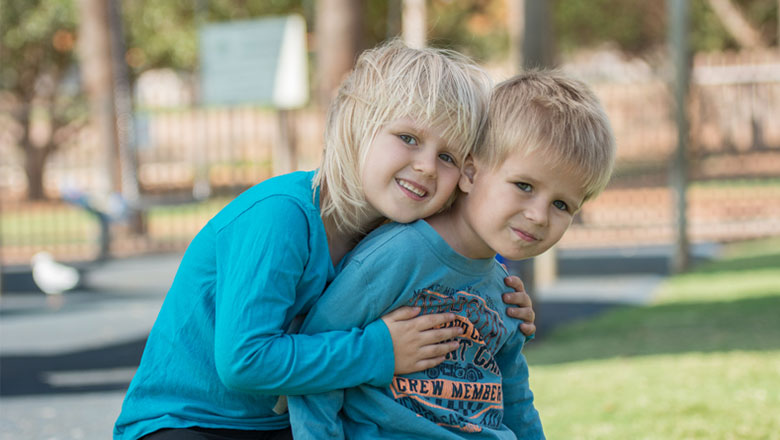
News & Events
Child development census shows most kids are on trackThe national report released today from the Australian Early Development Census (AEDC) shows that in 2015, most children in Australia were on track.

News & Events
Chronic illness affects young children’s school readinessResearchers from the The Kids Research Institute Australia and UWA have found that young children with a chronic disease are more likely to fall behind their peers in a wide
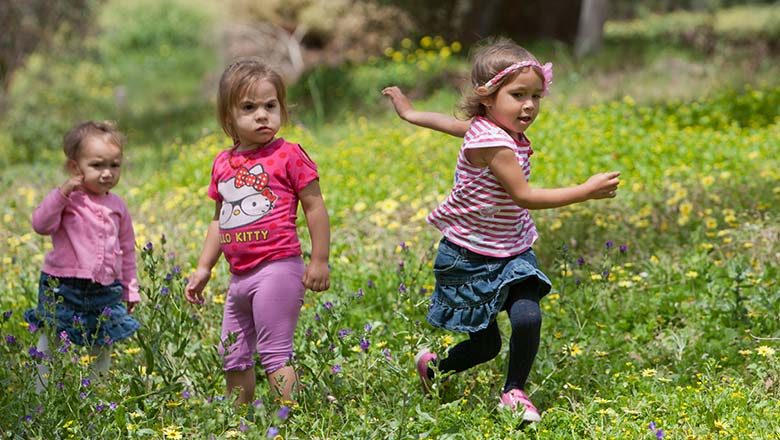
News & Events
Starting & staying on track10 years of work guided by The Kids Research Institute Australia has resulted in huge improvements in the development of Aboriginal children at the start of school.
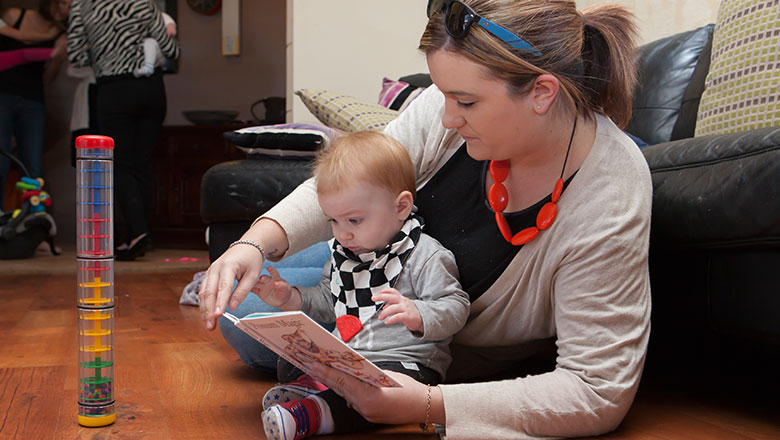
News & Events
Building the best communities for early child developmentThe Kids Research Institute Australia's Australian Early Development Census has become the world's first proven and reliable measure of early childhood development.

News & Events
The Kids Research Institute Australia researchers share in State Government science grantsFour The Kids Research Institute Australia researchers are among those who have received funding in the WA State Government's Merit Award Program announced today.
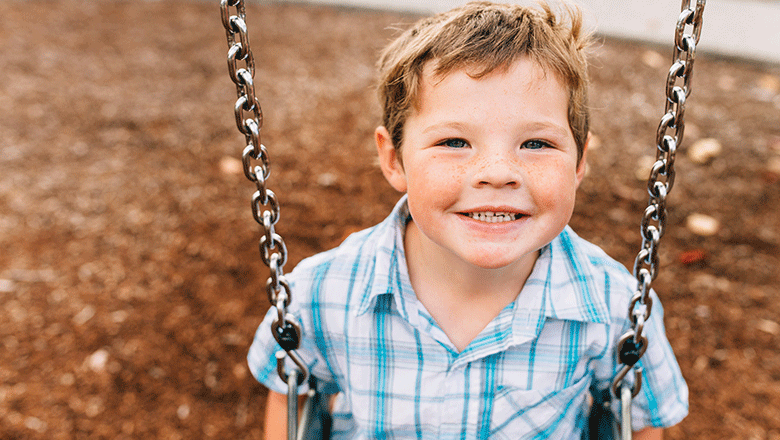
News & Events
New research partnership to ensure no child gets left behindResearchers will track the progress of 12,000 children from birth to age five to identify what services are valuable to families to support the health and wellb

News & Events
Brain & Behaviour community forumWe invite you to join us for a community forum on the future of research in our Brain & Behaviour Research Focus Area.
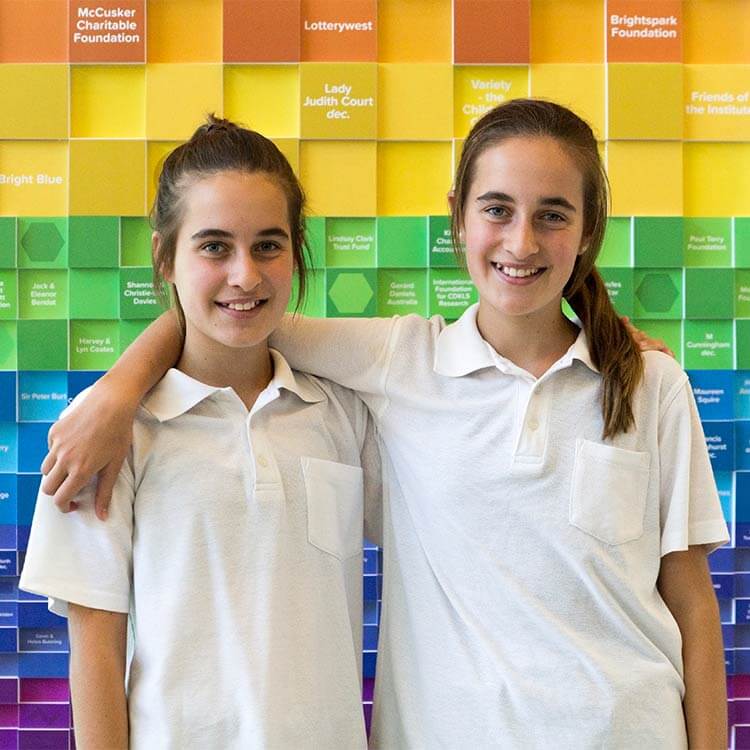
News & Events
Twins talk half as much at twoA world first study of language development in toddler twins confirms the widely held belief that twins start to talk later than single-born children.
